Sour beers have gained tremendous popularity in recent years, captivating beer enthusiasts with their unique and complex flavors. If you're intrigued by the idea of brewing your own sour beer, the below discussion will walk you through the process step by step. From selecting the right ingredients to managing the fermentation process, we'll help you embark on a sour beer brewing adventure that will leave your taste buds tingling.
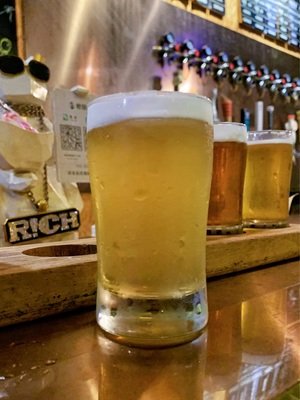
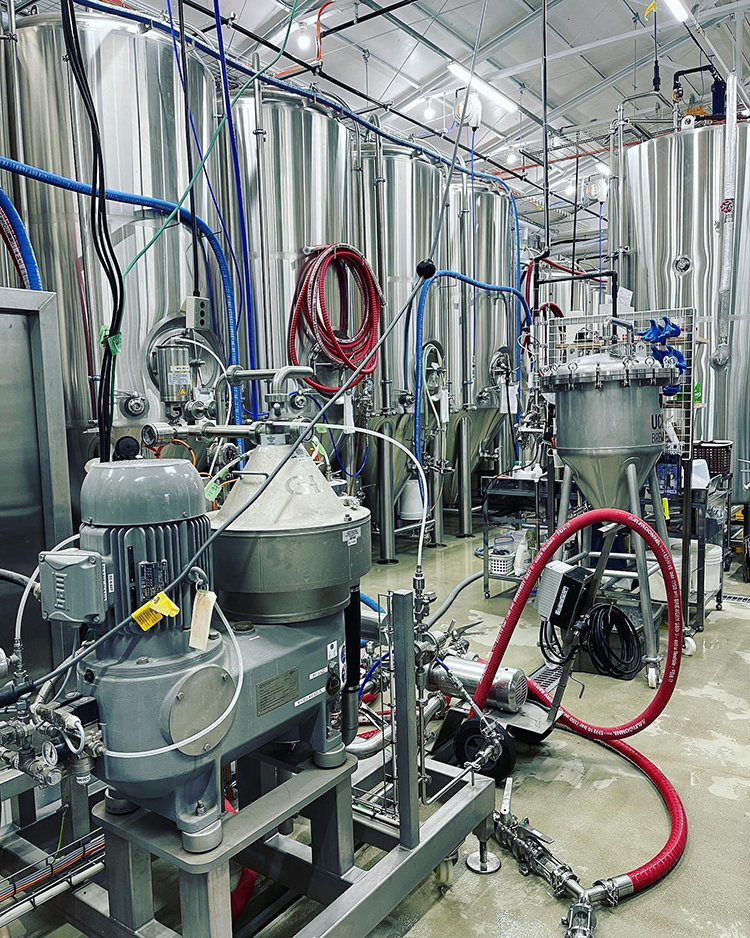
Choose the Right Ingredients:
To create the distinct sourness in your beer, you'll need specific ingredients. Start with a base malt that provides a neutral foundation, such as Pilsner malt. Then, introduce a substantial portion of raw wheat or unmalted grains to encourage the growth of souring bacteria and wild yeast. Selecting the appropriate yeast strains, such as Brettanomyces or lactobacillus, is crucial for achieving the desired sour character.
Mash and Boil:
Proceed with a standard mashing process, maintaining temperatures suitable for the conversion of starches into fermentable sugars. Afterward, bring the wort to a boil to sanitize it, just like in traditional beer brewing.
Introduce Souring Microorganisms:
To infuse your beer with that sought-after sourness, you'll need to introduce souring microorganisms. This can be done by employing one of several methods:
a. Sour Mash: After mashing, hold the wort at a temperature between 38-45°C (100-113°F) for an extended period, typically 24-72 hours. This allows the naturally present lactobacillus to produce lactic acid, imparting sourness to the beer.
b. Kettle Souring: Transfer the wort into a separate vessel and add lactobacillus cultures or a souring blend. Keep the temperature around 38-45°C (100-113°F) for a specified time until the desired level of acidity is achieved. Once souring is complete, return the wort to the boil to halt the acidification process.
c. Barrel Aging: Barrel aging your beer allows it to interact with wild yeast and bacteria present in the wood, producing complex sour flavors over an extended period. This method requires patience and careful monitoring.
Fermentation and Aging:
After souring, cool the wort and transfer it to a fermentation vessel. Add a suitable yeast strain, such as Brettanomyces or a traditional brewer's yeast, to initiate fermentation. Allow the beer to ferment and age for several months or even years, depending on the desired flavor profile. Sour beers often benefit from extended aging, allowing the flavors to develop and mature. Once the desired level of sourness and flavors have developed, it's time to carbonate your beer.
Brewing sour beer is a rewarding and adventurous journey that unlocks a world of tantalizing flavors. By carefully selecting ingredients, employing souring techniques, and embracing the art of aging, you can craft unique and mouthwatering sour beers. Remember, patience is key, as the best sour beers are often the result of time and the interplay of various microorganisms. So, gather your brewing equipment, embrace experimentation, and let your taste buds savor the delightful complexities of homemade sour beer.
We supply 2-150HL complete brewing equipment including malt milling equipment, brewhouse equipment, beer fermenters /fermentation tank, brite tanks, bottling machine, canning machine, kegging machine, hopping machine, yeast propagation equipment etc. We also supply all auxiliary brewery systems like steam heating pipe and valves, water treatment, filter, air compressor etc. Everything in brewery are all in our list. Contact Tiantai now to customize your unique equipment!
Edited by Cassie
E-mail:[email protected]
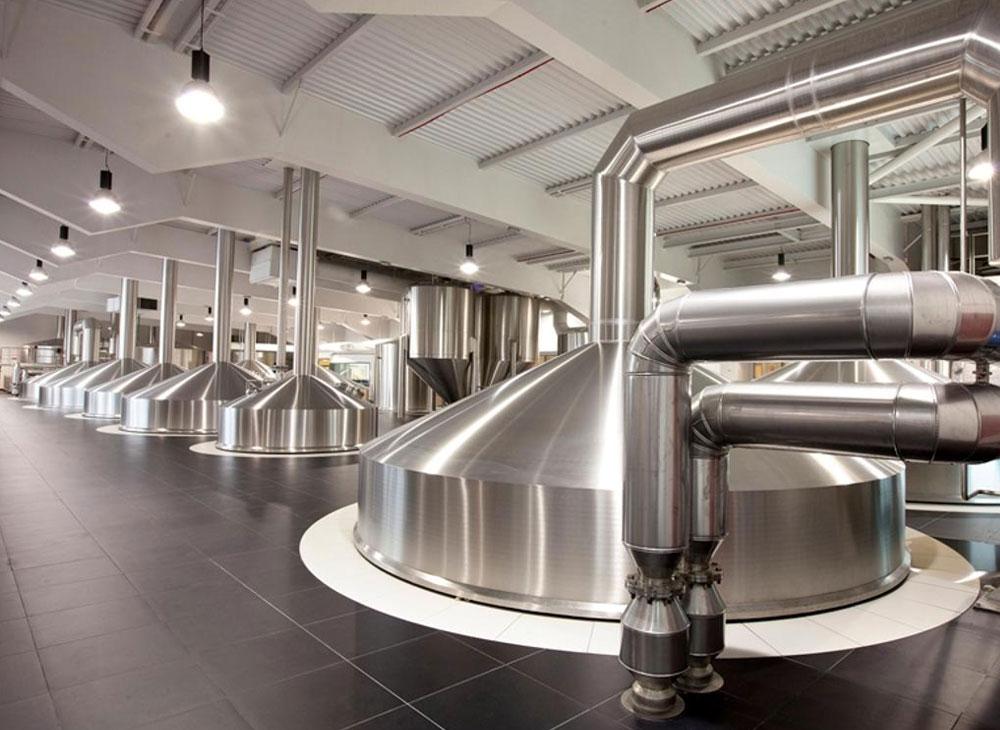

.jpg)
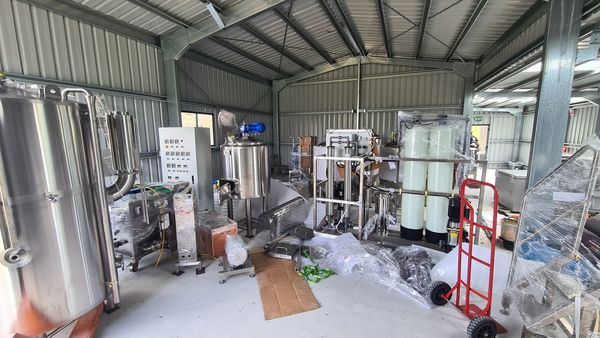
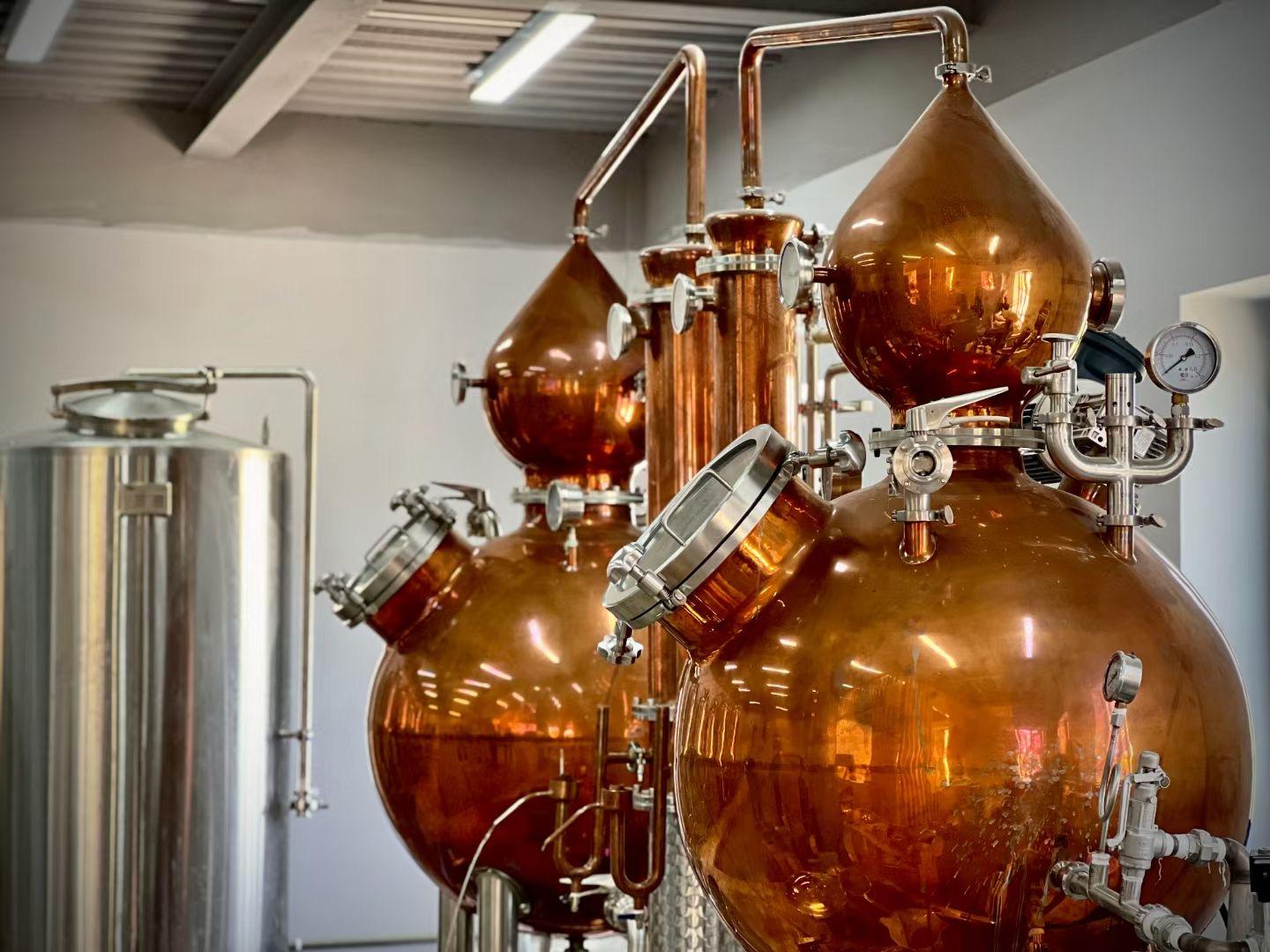
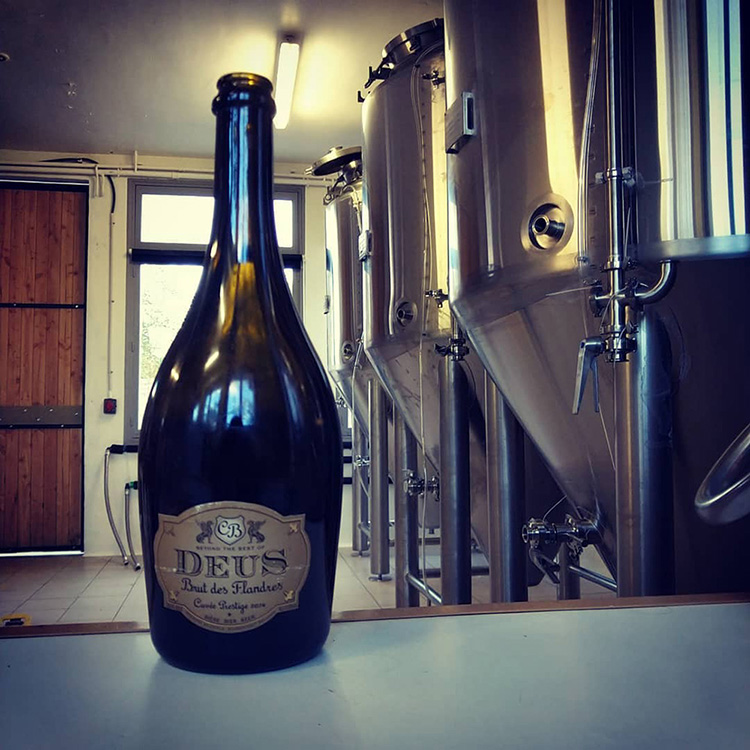
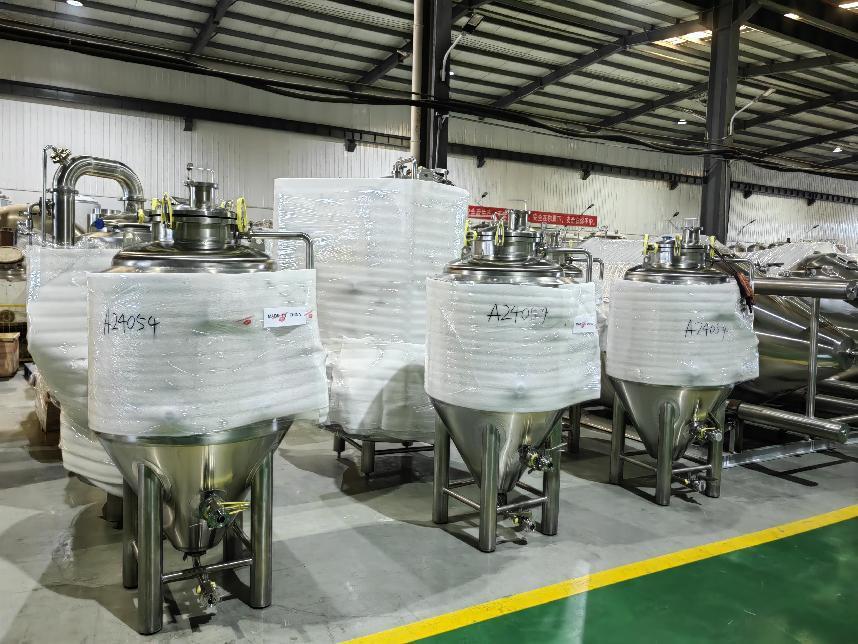
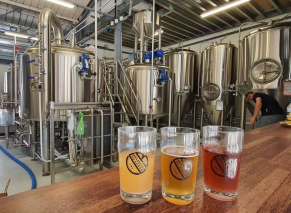
Get A Quote